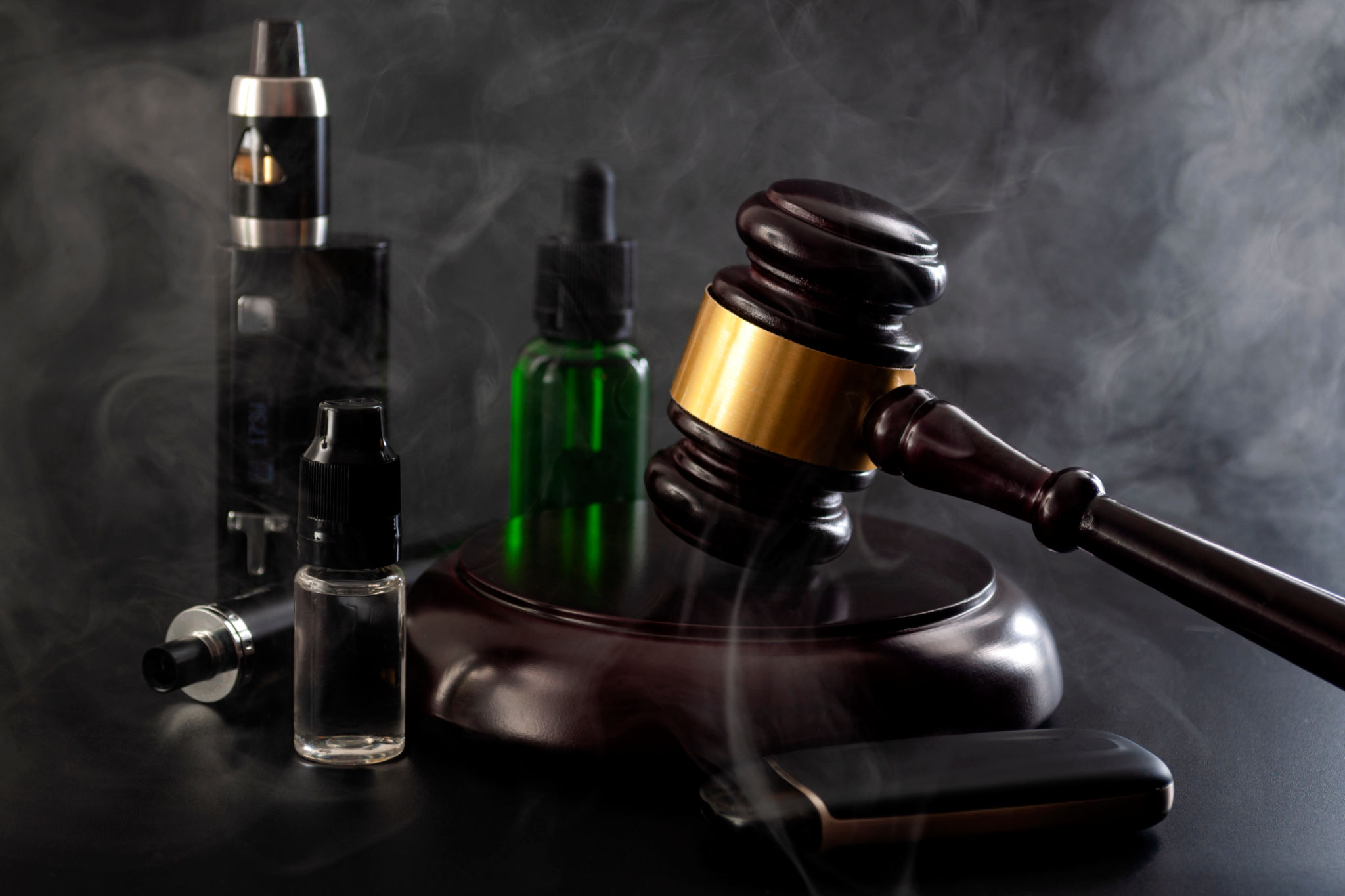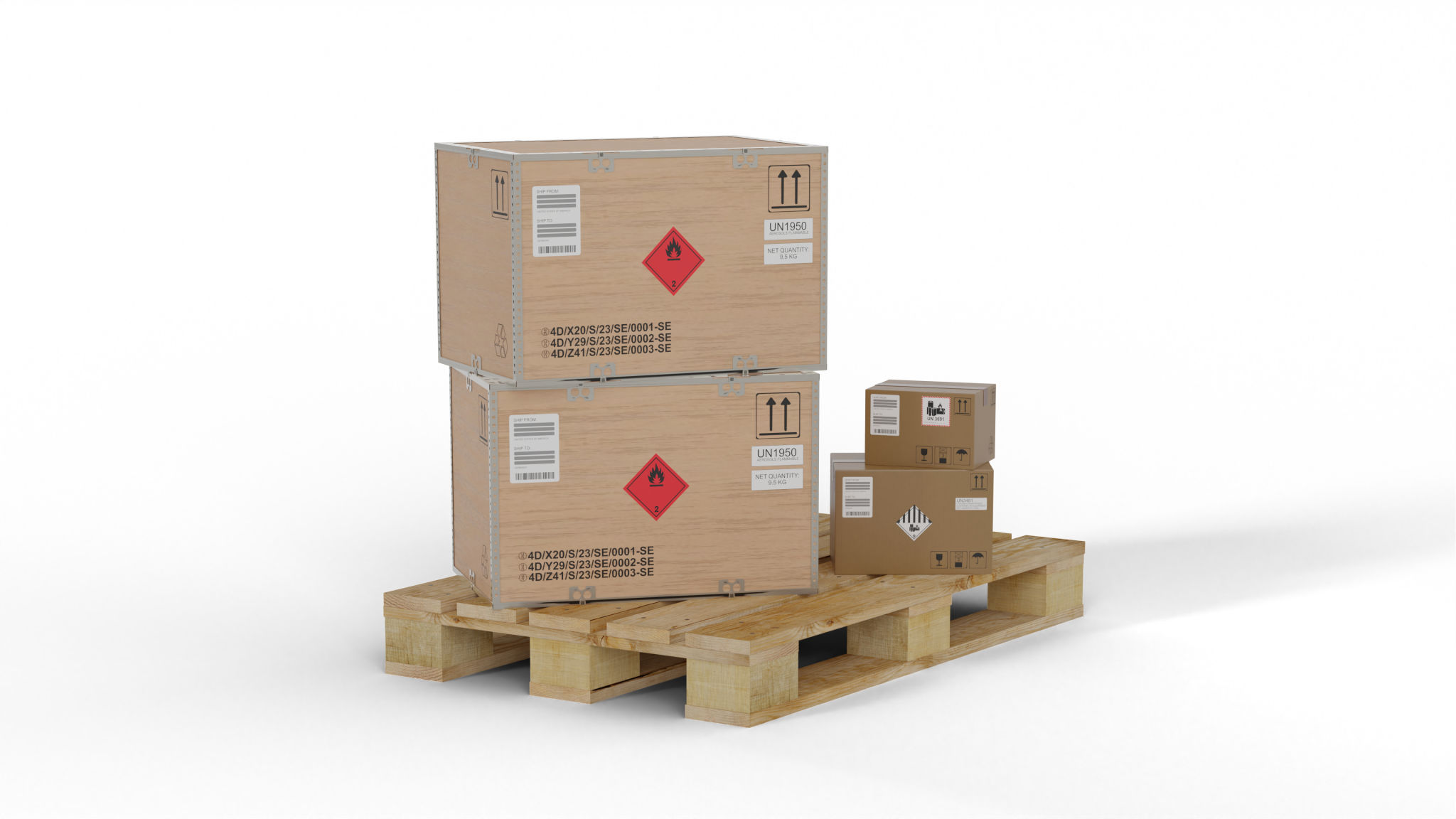A Comprehensive Guide to Vaping Regulations in Switzerland
Understanding the Legal Landscape
Switzerland is known for its progressive stance on various regulatory issues, and vaping is no exception. The country has a unique approach to vaping regulations that blends public health concerns with personal freedom. It's crucial for residents and visitors to understand these regulations to ensure compliance and avoid potential legal issues.
Unlike many countries, Switzerland allows nicotine-containing e-liquids to be sold and used legally. This decision aligns with the country's broader harm reduction strategies. However, there are specific rules governing the sale and advertisement of vaping products to protect consumers, particularly minors.

Key Regulations for Retailers
Retailers in Switzerland must adhere to stringent guidelines when selling vaping products. These include mandatory age verification, as the sale of vaping products is prohibited to individuals under 18 years of age. Retailers are also required to ensure that all products meet safety standards set by Swiss regulatory bodies.
Advertising vaping products is heavily restricted. It is illegal to advertise these products in a way that targets minors or promotes excessive use. Retailers must also provide clear information about the contents of the e-liquids and any potential health risks associated with their use.
Labeling and Packaging Requirements
All vaping products sold in Switzerland must adhere to strict labeling and packaging standards. Labels must clearly display nicotine content, ingredients, and health warnings. Packaging should be child-resistant to prevent accidental ingestion by young children.

Public Use Restrictions
When it comes to public use, Switzerland's regulations are designed to balance individual rights with public health considerations. Vaping is generally allowed in public places unless explicitly prohibited by local laws or private establishments.
However, many cantons have introduced restrictions similar to those for smoking tobacco. This means that vaping might be banned in enclosed public spaces like restaurants, bars, and public transport. It's advisable to check local regulations before vaping in public areas.
Cross-Border Considerations
Travelers should be aware of cross-border regulations as well. While Switzerland permits the import of vaping products for personal use, quantities should not exceed the limits set by Swiss customs. It's essential for travelers to check both departure and destination country rules to avoid complications.

Health Implications and Public Opinion
The Swiss government acknowledges the potential of vaping as a harm reduction tool but remains vigilant about its health implications. Public health campaigns aim to inform citizens about both the benefits and risks associated with vaping. The Swiss population generally has a positive view of regulated vaping as an alternative to smoking.
Research continues into the long-term effects of vaping, with Swiss health agencies actively monitoring developments. This ongoing research could influence future regulatory changes, making it essential for users and retailers to stay informed.
Future Regulatory Trends
As vaping technology evolves, so too might the regulatory landscape. Potential future changes could include stricter advertising laws, updated safety requirements, or new public health campaigns. Staying informed about these trends will help consumers and businesses navigate this dynamic environment effectively.

